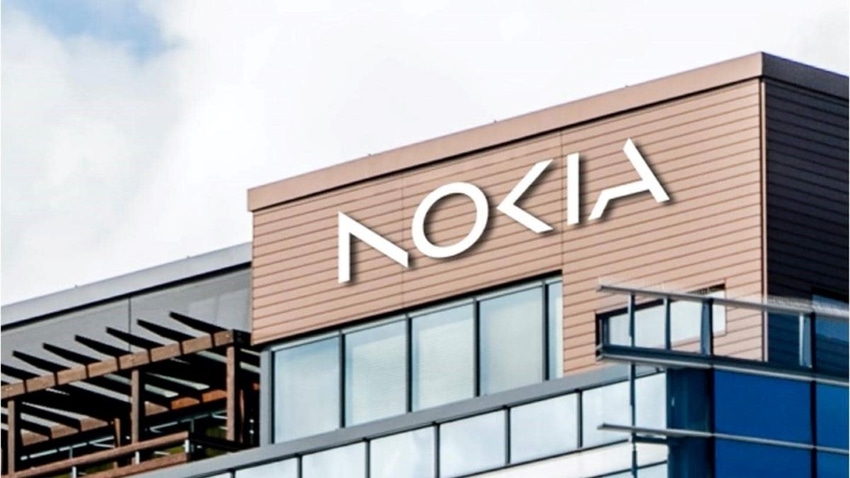Eurobites: Nokia offers voice-centered network management
Also in today's EMEA regional roundup: EU follows Norway's lead on Meta's data-use shenanigans; Vodafone, BT ponder the meaning of AI; Cellnex demos cross-border transport tech.

"Alexa, please fix my broken network." That, sort of, is the feel Nokia is going for with the launch of what it describes as an "AI breakthrough" that will allow networks to be tweaked through the power of human speech, without the need to thumb through technical catalogues or use complex API descriptions. Called Natural-Language Network, the new platform forms part of a Bell Labs research initiative called Unext, after Unix, ye olde operating system invented by Bell Labs back in the late sixties. Nokia is currently demonstrating the technology at the Brooklyn 6G Summit in New York.
Pan-European data regulator EDPB has agreed with Norway's own data watchdog, Datatilsynet, that a ban on "behavioral advertising" on Facebook and Instagram should be extended to cover all 30 countries in the EU and the European Economic Area. As Reuters reports, the ban imposed by Datatilsynet – which has cost Meta around $90,000 a day since mid-August for using people's location-related and other data for advertising purposes – was initially due to expire on November 3.
Vodafone and BT are among those offering their thoughts on AI as the UK government's AI Safety Summit – described modestly by its promoters as a "major global event" – kicks off in Bletchley Park today. According to Vodafone, telcos can offer "wise counsel" when it comes to AI, as they have already examined the risks and opportunities of the much-hyped technology. The mobile operator warns politicians attending the thought-leaders' love-in that they should "look to address some fundamental questions" about the technology, such as whether they are engaging with the full spectrum of stakeholders who can enlighten them about AI's risks and rewards in the real world. As for BT, it complains that the AI policy debate has to date been focused primarily on "frontier AI developers" and consumers, whereas the "deployers," or those, like telcos, looking to apply AI in their everyday operations, have largely been left out.
Cellnex, the Spanish towers giant, has been demonstrating progress made on its 5GMED project, an EU-funded affair which aims to create a robust cross-border connectivity framework for roads and railways in the so-called "Mediterranean corridor." The demonstrations centered on the section of road and railway between Figueres in northern Spain and Perpignan in southern France. The results of the project will be showcased in a webinar on November 8.
All communications and Internet services in Gaza have been cut off once again, Palestinian operator Paltel revealed on X (formerly Twitter) on Wednesday morning, Reuters reports.
Read more about:
EuropeAbout the Author(s)
You May Also Like












